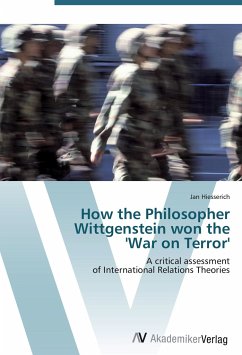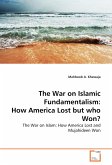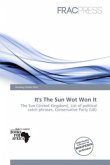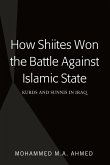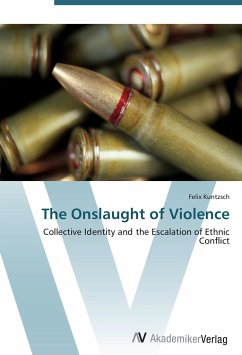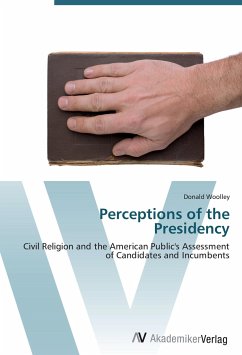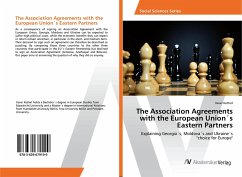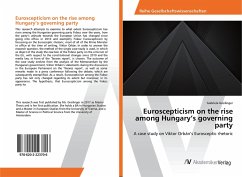Revision with unchanged content. This book attempts to explore an alternative methodological approach to the analysis of theoretical frameworks in International Relations (IR). It argues that the predominant methodology within the study of IR - that of positivism - is deficient and consequently inadequate in explaining human emancipation as it is based on flawed assumptions about the relations between the world and (scientific) language. By means of the Wittgensteinian philosophy, the book will dismiss the positivist claim of objectivism and introduces a meta-theoretical approach toward language. The book attempts to introduce a concept of language which denies the possibility to fix the 'essence' of language, an important prerequisite of positivist hypothesis testing, but rather views the use of language as an action in itself which depends on context. Subsequently, this approach will be applied to an analysis of the 'War on Terror'. This manoeuvre is important as it exemplifies'language-use in action' and thereby dismisses respective deterministic approaches. In conclusion, the book argues that identities and interests of actors/objects are invested with meaning within fluid language-games. Accordingly, a sustainable solution to the 'War on Terror' requires a more anthropological and hermeneutic approach towards theory which acknowledges language as constitutive element of everyday social interaction.

